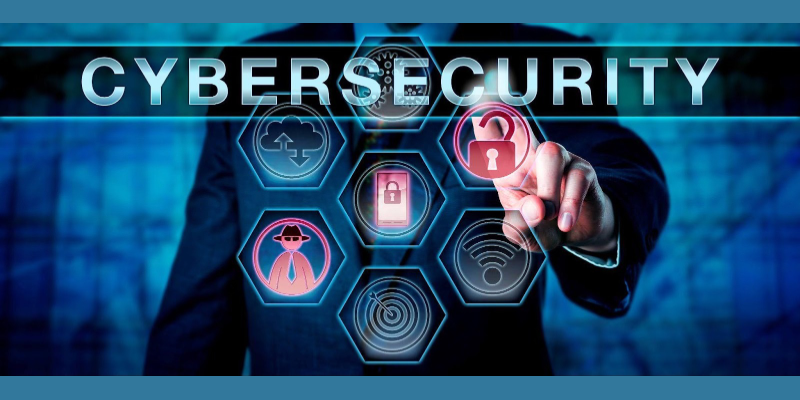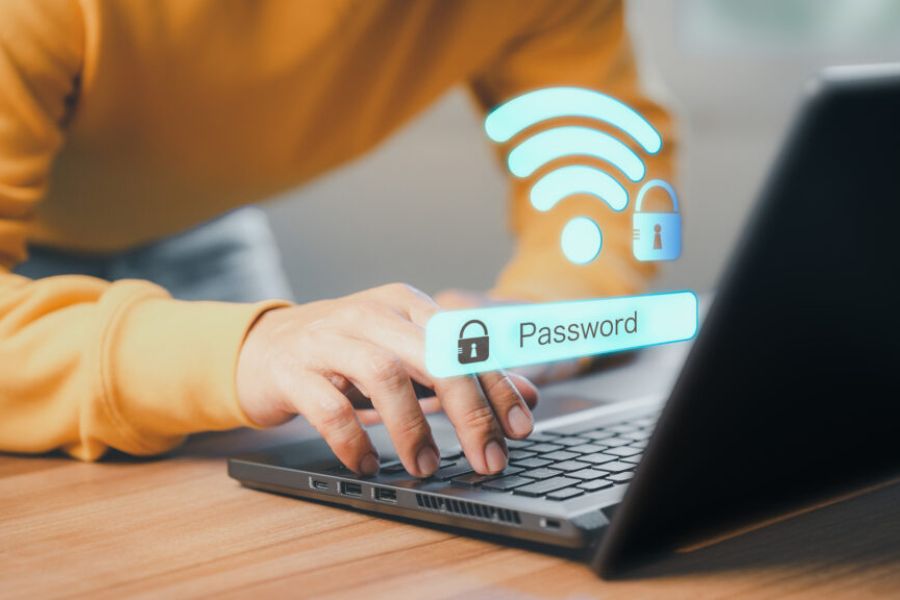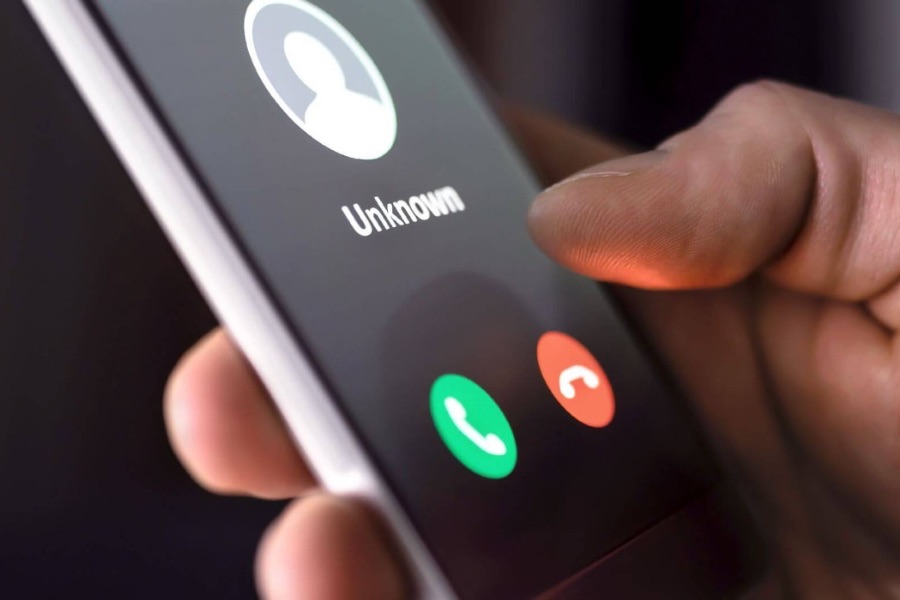Hackers Are Watching: How to Stay Safe Online

Table of Contents
A single click could expose your private information to inquisitive eyes. Every online activity, from using social media to turning in schoolwork, can put you at risk. Because of their active online presence and frequently low level of cybersecurity understanding, college students are particularly vulnerable to cybercriminals. So, what are some ways to keep safe online and thwart hackers?
Cybersecurity is more than just a buzzword; it’s a necessity. It involves protecting your online data, devices, and networks from unauthorized access or attacks. As students rely heavily on technology for education and entertainment, securing their digital footprint is essential to prevent identity theft, data breaches, and other cybercrimes.
Why Do Students Need Protection?
Students often underestimate the risks they face online. Whether it’s using unsecured Wi-Fi networks, sharing personal details on social platforms, or falling for phishing scams, these actions can have severe consequences. Cybercriminals exploit these vulnerabilities to steal sensitive information, which can lead to financial loss, reputation damage, or even identity theft.
To learn more about the specific risks students face and how to protect yourself, check out this college cybersecurity guide for additional insights.
What is Cybersecurity?
At its core, cybersecurity encompasses practices and technologies designed to safeguard sensitive information. Think of it as a virtual shield protecting your passwords, financial details, and personal data from hackers. The growing sophistication of cyberattacks highlights the need for every individual, especially students, to understand and adopt strong cybersecurity measures.
How to Overcome Cybercrimes
Combating cybercrimes begins with awareness and action. Educate yourself about common cyber threats like phishing emails, malware, and ransomware. Ensure you recognize red flags, such as suspicious links or requests for personal information. Reporting suspicious activities to authorities or your college’s IT department can also help mitigate risks for yourself and others.
Actionable Tips for Proper Cybersecurity
Securing your digital presence doesn’t have to be complicated. Here are some simple yet effective tips to keep hackers at bay:
- Use Strong Passwords: Create unique passwords with a mix of letters, numbers, and symbols. Avoid using the same password across multiple platforms.
- Enable Two-Factor Authentication (2FA): Add an extra layer of security to your accounts by activating 2FA wherever possible.
- Be Cautious with Public Wi-Fi: Avoid accessing sensitive information when connected to public Wi-Fi networks. Use a Virtual Private Network (VPN) for added security.
- Update Your Devices: Regularly update your software and applications to patch security vulnerabilities.
- Think Before You Click: Verify links and email senders before clicking. If something seems too good to be true, it probably is.
Stay Vigilant, Stay Safe
Cybersecurity is a shared responsibility that affects us all. For college students, cultivating strong online safety habits is more than just protecting data—it’s about preserving your academic achievements, financial security, and personal well-being. By implementing simple yet effective practices, such as using strong passwords, enabling two-factor authentication, and avoiding unsecured networks, you can stay one step ahead of cybercriminals.
Beyond safeguarding yourself, staying informed and proactive ensures peace of mind, allowing you to focus on your studies and personal growth. Remember, each small action you take contributes to a more secure digital environment for everyone. Cybersecurity is an ongoing commitment, but it’s one that pays off in countless ways. Stay alert, stay prepared, and make cybersecurity a part of your daily routine to enjoy a safer, worry-free online experience.



























